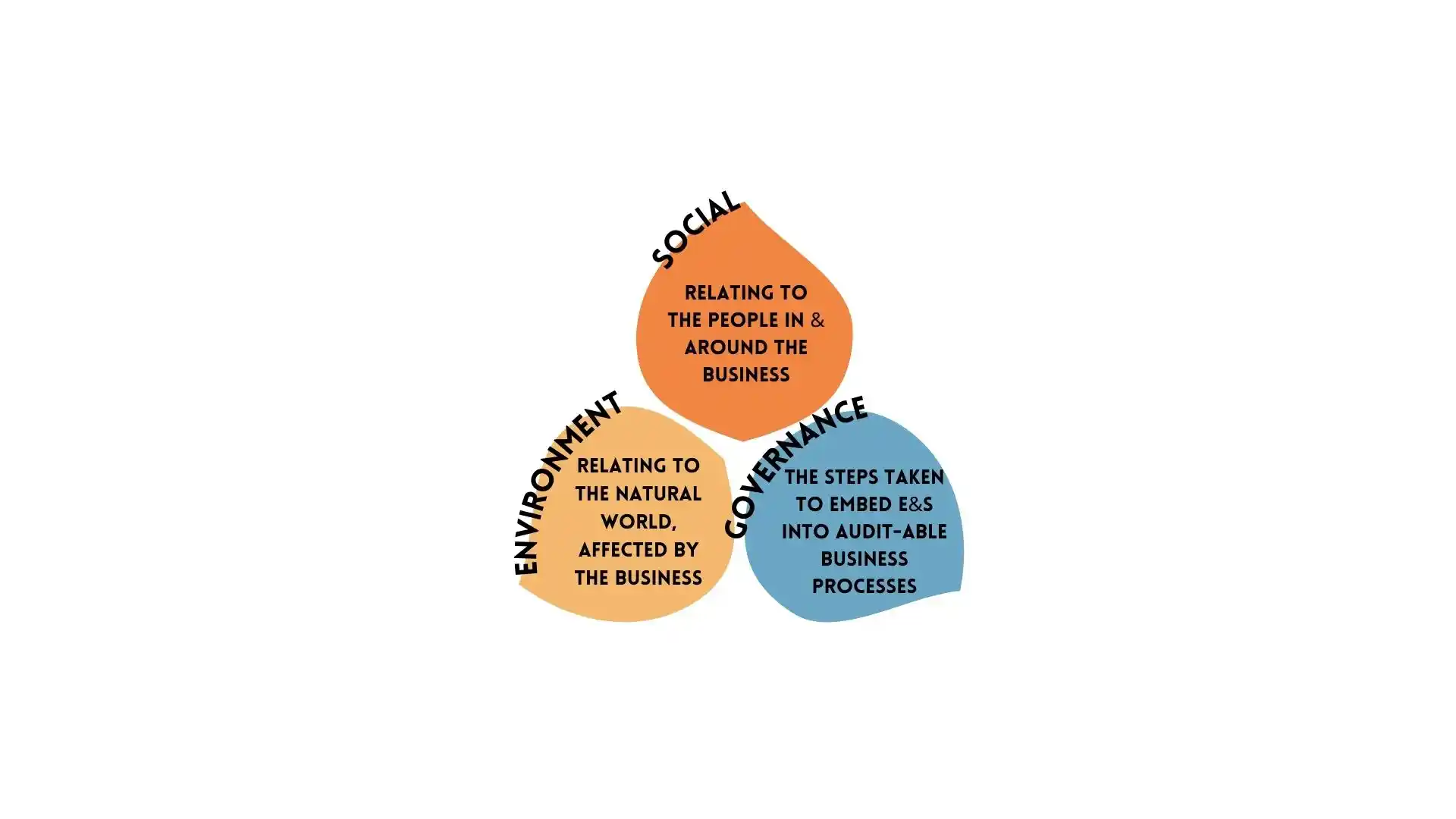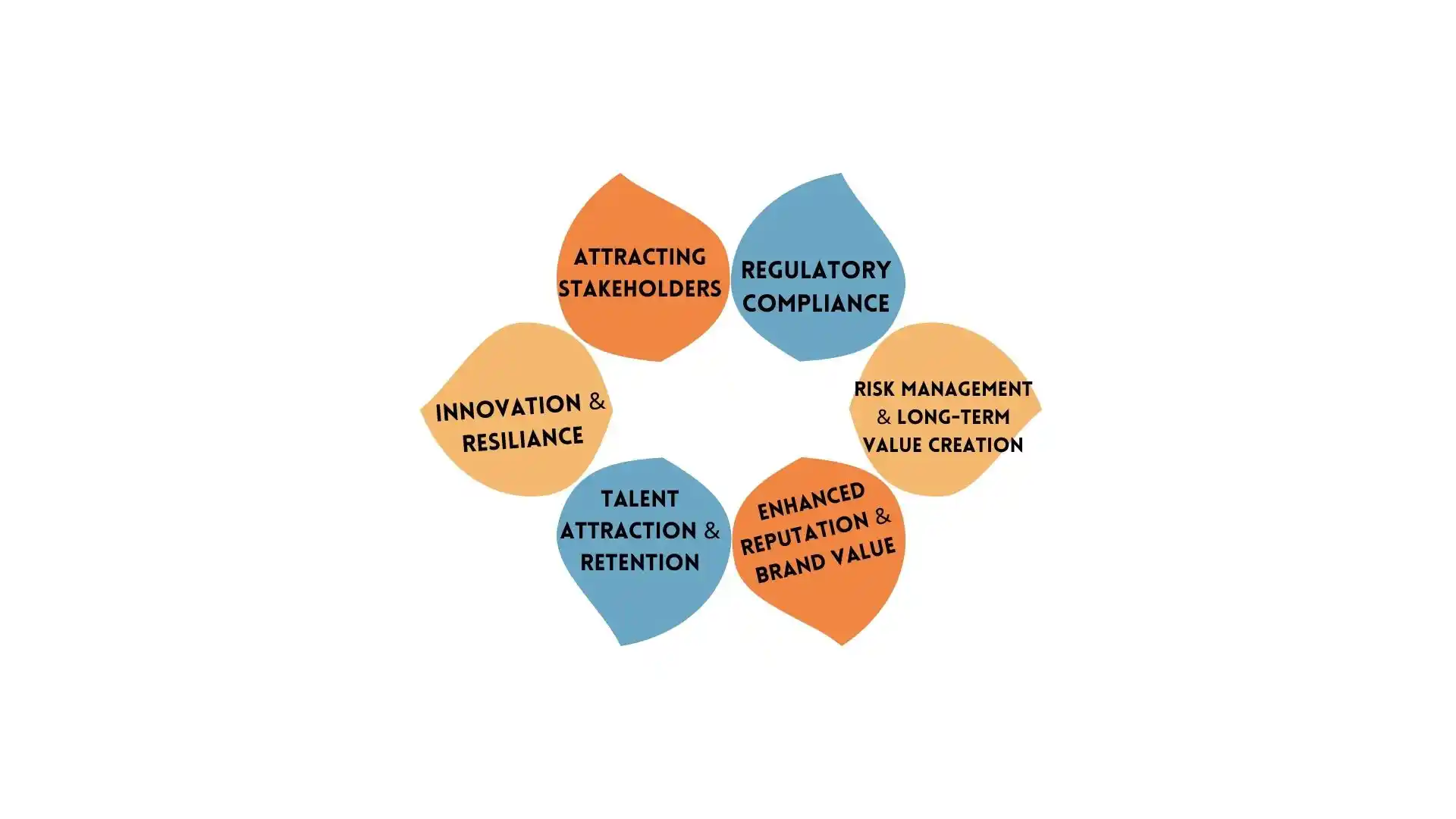An Overview of ESG
Across the world there is increasing demand on organisations to outline their ESG framework, signposting their plans for long-term sustainability. ESG has a potential significant impact on the following fundamental business issues relevant to the long-term success of the organisation.
What is ESG?
ESG stands for Environmental, Social, and Governance, representing the three key areas that companies are evaluated on in terms of their ethical and responsible practices. Let's break down each component:
Environmental
This aspect assesses a company's impact on the environment, including its resource consumption, waste management, carbon emissions, and efforts to mitigate climate change. Companies with strong environmental practices prioritize sustainability, resource efficiency, and conservation.
Social
The social dimension examines a company's interactions with its employees, customers, communities, and other stakeholders. It covers aspects such as diversity and inclusion, labor practices, employee well-being, customer satisfaction, and engagement with local communities.
Governance
Governance focuses on the internal structures, policies, and leadership of a company. This includes the composition and independence of the board of directors, executive compensation, risk management, transparency, and overall adherence to ethical business practices.

